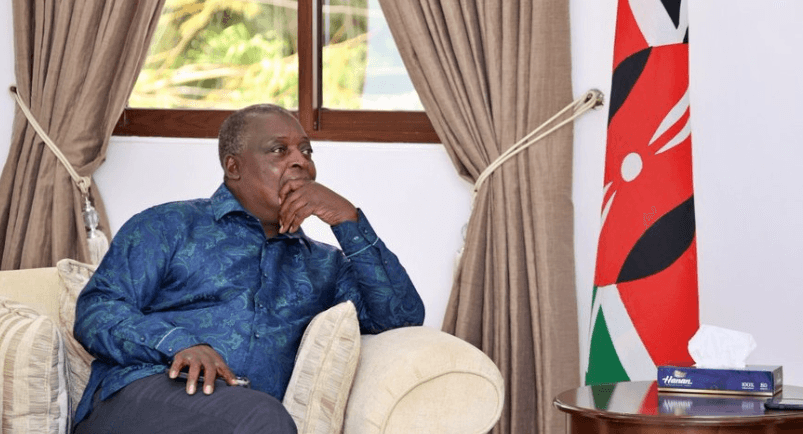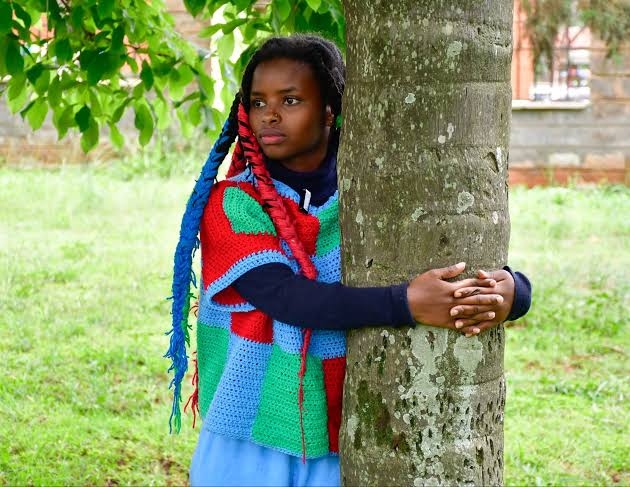Top officials from Eswatini have toured Murang'a county to benchmark on devolution.
The South African country is planning to establish devolution and has lined up visits to various countries to learn best practices.
Administration Minister Skhumbuzo Dlamini led the delegation to the Murang'a county headquarters, where they were received by Governor Irungu Kang'ata.
"We came here to see how devolution works and look forward to implementing some of the things we have learnt," Dlamini said.
He was accompanied by Local Governments Minister Apolo Maphalala and PS Nonhanhla Dlamini.
"We are happy that they were referred here by the national government, and we have shared with them the various programmes we are undertaking," Kang'ata said.
The delegation sought to learn the structures, legislations and systems that make devolution successful.
Dlamini said they have interacted with several ministries to learn how the national government devolved some functions to county governments, and how they complement each other.
He said they were impressed by the strides Kenya has made since devolution started in 2013, and how Kenyans have benefited from decentralised services.
In Murang'a, Dlamini said Murang'a Youth Services can help deal with joblessness in their country.
It provides jobs to about 1,000 youths for three months before they are then enrolled for free technical courses in local polytechnics.
Dlamini praised Kang'ata for digitising revenue services that have helped raise more revenue, while sealing loopholes used to siphon money.
"This is such a good way to stop rampant corruption and raise more money. These are some of the things we hope to implement in our country," he said.
He said African countries need to learn from each other to better their systems of governance and offer better services to their citizenry.
Maphalala said such benchmarking visits will enable them to put in place structures that will enhance both their governance and service delivery.
He said the country identified Kenya as one of the countries that have successful implemented devolution in the African continent.
Nonhanhla said they are formulating a law that will help establish devolved units that will in turn take services closer to their people.
She praised the Huduma Centres that have made it possible for Kenyans to access national government's services in the grassroots.
"I am certainly very impressed by the one-stop service centres, where one can get all services they need," Nonhanhla said.
She said they are inspiring and would make service delivery easier if implemented in Eswatini.
Kang'ata took the team through the digitisation programme that has helped the county raise more revenue and enhance transparency.
The digital system, which is monitored from the county headquarters, has also helped the county track movement of drugs in local hospitals.
Kang'ata later took the delegation to Vidhu Ramji ECDE centre for the Uji programme, which covers 42,000 learners county-wide.
They also visited Maragua town for the Smart Cities programme that upgrades towns, and Murang'a Co-operative Creameries plant that processes milk from local farmers.
Eswatini is among the poorest countries in Southern Africa, with 52 per cent of its population living below the poverty line, which is attributed to lack of quality jobs.
About half of its economy is concentrated in the service industry, while manufacturing only occupies a third.
















